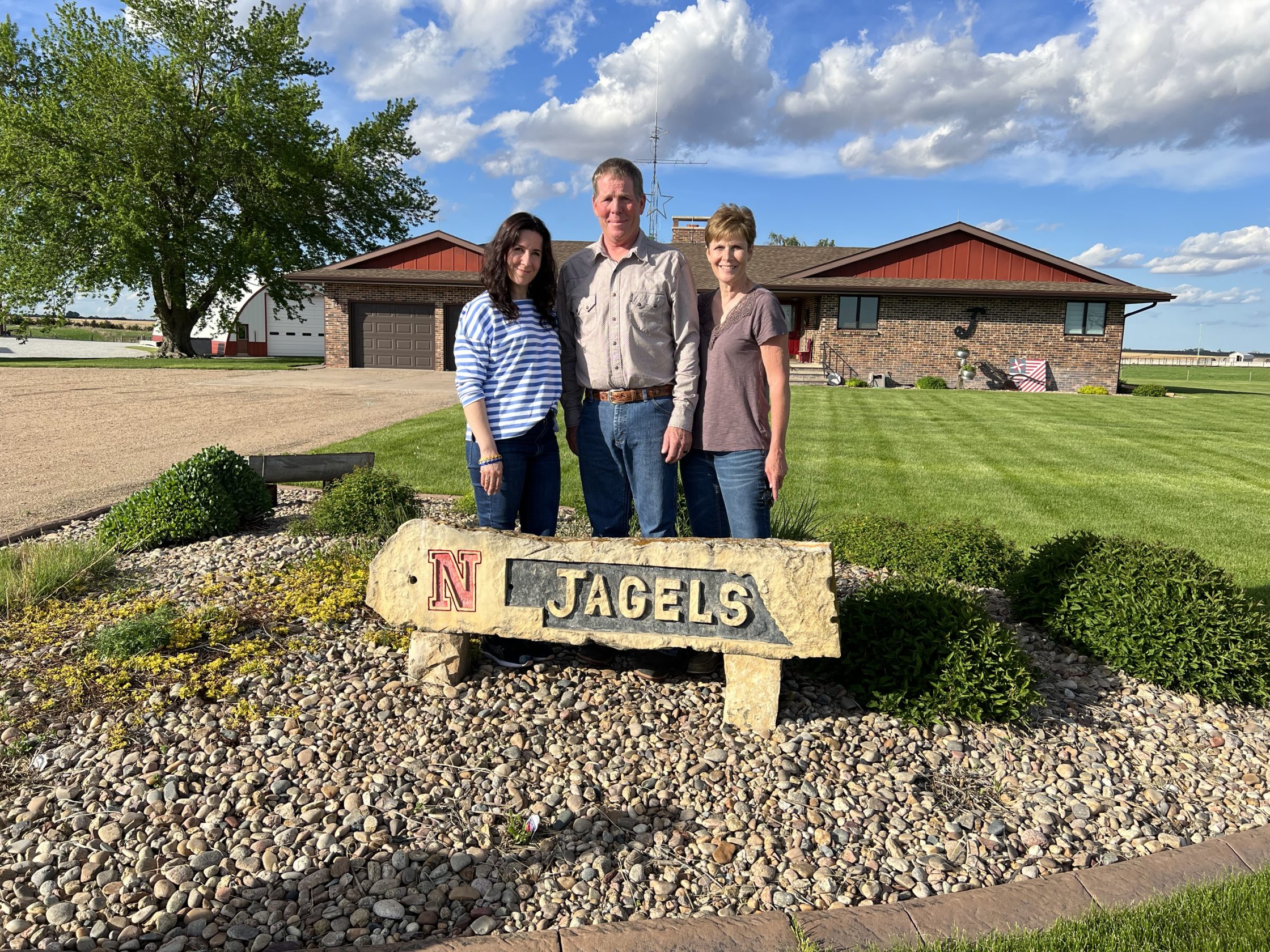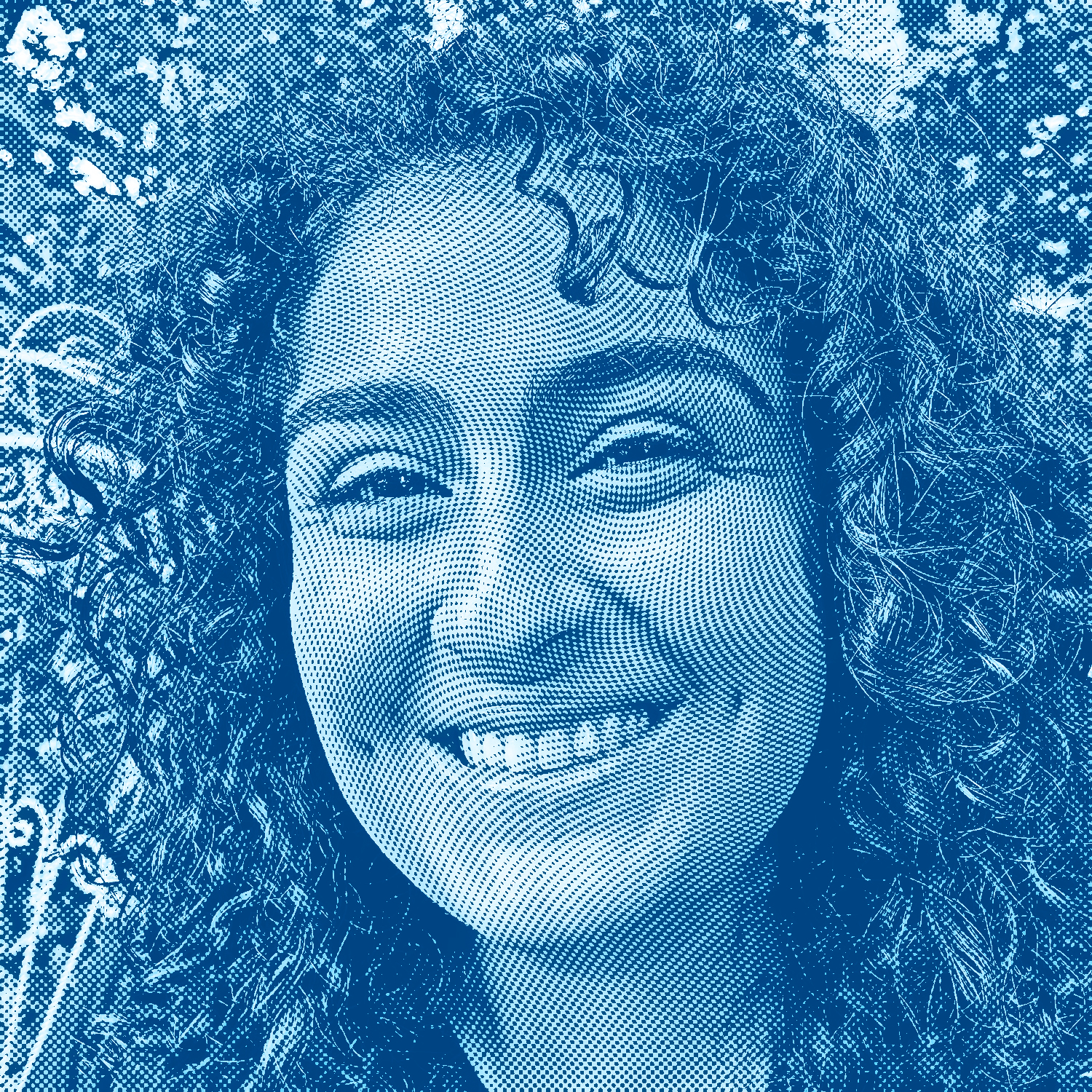In December, a group of Ukrainian farmers gathered for a graduation ceremony.
They exchanged certificates, tossed graduation caps, danced – celebrating the completion of a course through Kultivariy, a Ukraine-based agriculture education company.
They were ready to go back to their own farms and apply what they’d learned about efficiency and precision farming.
Then everything changed.
Russia invaded Ukraine. Missiles rained into farmland, and military ships blocked the ports. And Ukrainian farmers had to figure out what to do next.
Alexandra Kamyshina, managing partner of Kultivariy, was left wondering how to assist the farmers she works with during a time of war.
The answer ended up including a trip to Nebraska. She traveled to farms and made connections through Nebraska Extension. She shared stories of what it’s like to be a farmer in Ukraine right now.
“We believe that the world needs some news from Ukraine, not only about victims and destruction, but of how business adapts to war and what has changed,” Kamyshina said.
Nebraska Extension, part of the University of Nebraska-Lincoln’s Institute of Agriculture and Natural Resources, is well known for offering resources and education to Nebraska farmers.
Kamyshina’s company Kultivariy does similar work. Only, unlike Nebraska, Ukraine doesn’t have a publicly funded farmer education program. Instead, Kultivariy is a for-profit business.
Since the war started, Kamyshina has had to figure out how to keep that business going. Keeping Kultivariy afloat helps both the company’s employees still in Ukraine and the farmers they work with. It keeps a Ukrainian business open at a time when the war has caused others to shut down or flee.
During her month in Lincoln, Kamyshina traveled to eastern Nebraska farms and visited Nebraska Extension county offices. She sat for hours talking with farmers about their processes and agricultural technology, absorbing their answers like a sponge, said Charles Stoltenow, dean and director of Nebraska Extension.
“Farmers love to visit with farmers. They just do, across cultures,” Stoltenow said. “They love to learn. And that’s Extension – lifelong learning.”
Before the war, Kultivariy’s courses focused on farming efficiency and productivity, teaching farmers how to scale up their businesses. But now, the farming challenges in Ukraine have turned more basic. How do you get fuel or find fertilizer when resources are scarce? How do you store your grain when exports are at a near-standstill? How much should farmers be sowing in a year of uncertainty?
Kamyshina’s already thinking of a future course to offer virtually: How to be creative when you don’t have the resources you need.
War turned farming into a “crisis of everything,” she said during a presentation at a recent Nebraska Extension conference.
“Nobody was expecting the war to come. Everybody thought about the question, ‘if’ it comes,” Kamyshina said.
When the war did arrive, most farmers were ready to join the military. Or they stayed behind to help feed their country.
In the early days of the war, Kultivariy’s education classes created a ready-made network of farmers keeping each other updated as the war unfolded. Kamyshina helped farmers sell their products to a Ukrainian railroad company, which was able to transport food to the northern and eastern Ukrainian cities that were bombed first. As trains arrived, people came directly to the stations to get food straight from the arriving trains, she said.
In the months since, farmers have shared stories of gathering missiles that landed on their property. They’ve had to work with the Ukrainian military to demine their fields.
“People are wanting to spend this time in Ukraine. Nobody is making big money right now. The goal is just to stay in business,” Kamyshina said. “Otherwise, they will lose everything.”
Some of the smaller farms in Ukraine have had to shut down since the war started in February. If the war continues, even more will go out of business, Kamyshina said.
For Stoltenow, Kamyshina’s visit reshaped his own view of farming and Extension’s role. He’s thought more about farming in times of crisis, and what it would look like for Extension to adapt and communicate with its network of farmers if life were to change overnight.
“That whole connection of farmer to farmer, that is amazing. It transcends cultures,” Stoltenow said. “I do hope that one day, Ukraine becomes a very safe place, so we can exchange our farmers and ranchers to go there and learn from them.”


